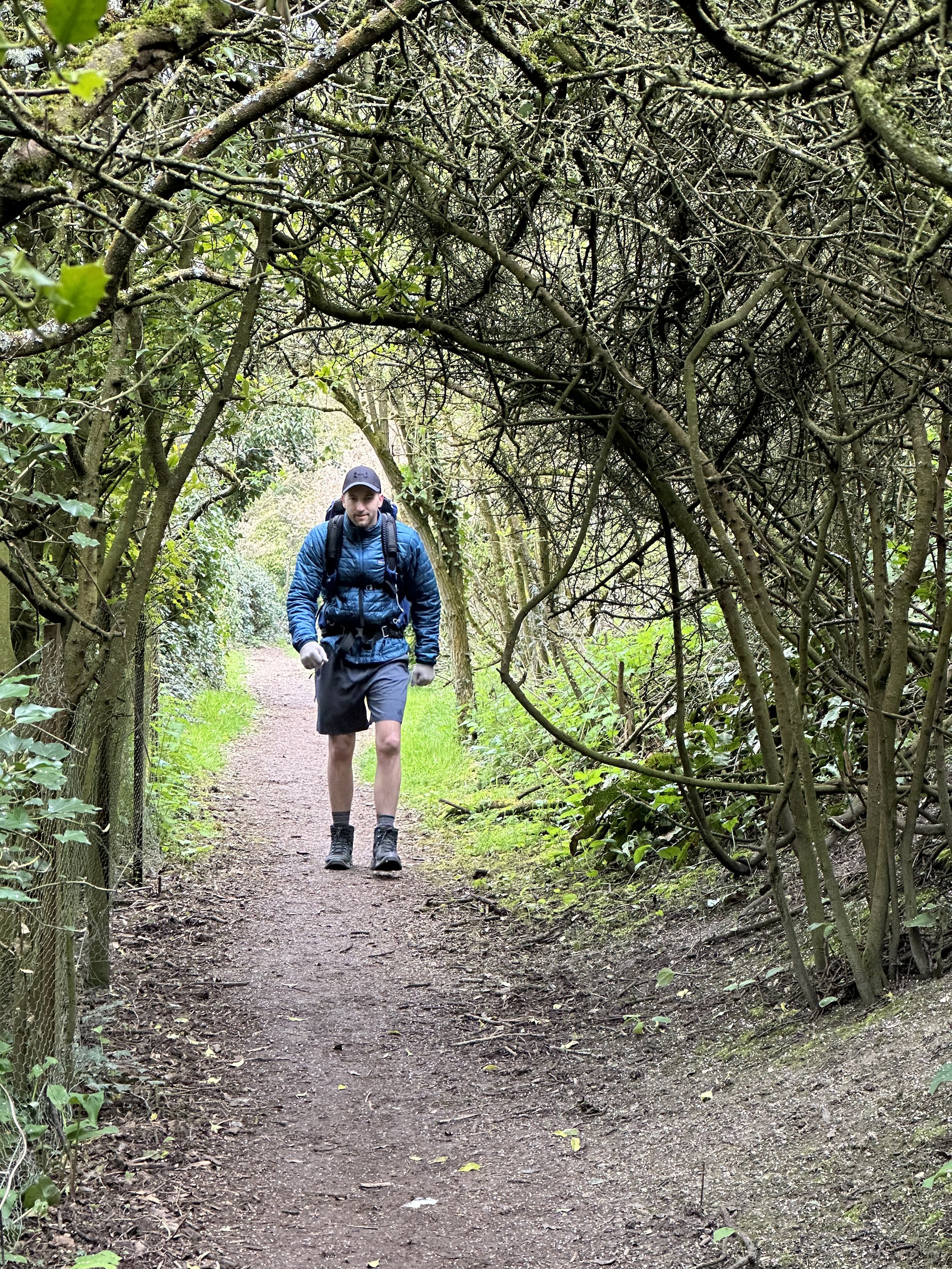









Rediscovering Magic in the Natural World
The author’s wife at Salt Pond Preserve & Tide Pool, New Harbor, Maine where Rachel Carson did much of her scientific study when writing 'The Edge of The Sea'.

Deny the Craving or Meet the Need
Deny The Craving or Meet the Need
Adolescence is a period characterized by heightened emotions and experiences, which are essential for the development of young individuals. However, the term "adolescent" often carries a negative connotation, associated with volatility and difficulties. It is viewed as a transitional phase to be hurried through, hoping that they emerge unscathed. We tend to idealize the innocence and maturity of childhood and adulthood, while perceiving adolescence as a fleeting and unstable stage.
Are we equipped to address the challenges of adolescence? Do we lack understanding in this regard? Authors James Hillman and Michael Ventura refer to the present era of adolescence as "The Age of Endarkenment," not because young people are in darkness, but because the enlightenment that should come from the elders or teachers is missing. These authors, along with commentators like Robert Bly and Michael Meade, remind us that adolescence has always been a tumultuous time. Throughout history, cultures have responded to these intense times with elaborate and often arduous experiences, particularly for males, recognizing the necessity of such encounters. However, unlike past societies, we have forgotten this need.
The elders have withdrawn, or perhaps we find it more comfortable to interact with children and adults. In contrast, indigenous cultures for the past millennia have chosen to celebrate and guide youth through this stage with ceremonial rites. These rituals, steeped in community stories, honor the intensity of this transformative journey. Elders hold the responsibility of preserving and imparting the stories and skills necessary for young people to enter the adult world, which are the true tools for unleashing their potential. We cannot deny the innate drives and attractions that lead us towards responsible adulthood and the perilous path it entails. This intense phase of life yearns for direction, purpose, and challenges that are worthy of its inherent powers.
Reflecting on my own experiences during the 1960s, when the youth generation was immersed in a drug culture and enthralled by rock music, I see similarities today with the fear of identity loss and overindulgence in the virtual reality of the electronic world. The same raw energy pulses through today's youth, an energy that has evolved over time to equip and prepare us for life's trials. However, our response is different; we deny and avoid rather than embrace and guide. This neglect of purposeful fulfillment doesn't only harm the youth but the entire community and culture—the whole tribe suffers.
Regrettably, we fill the days of our young people with structured routines, passing periods, and an array of classes aimed at preparing them for an uncertain future. In doing so, we neglect to provide them with the essential skills and stories required for thriving in our interconnected society. Modern culture has stood by, witnessing the intensity of youth without meeting it with anything other than reactive measures that drive us to despair.
If we deny their craving for intensity, we fail to meet their needs. However, by acknowledging and embracing their yearning for intensity, we can respond with the necessary skills, stories, wildness, and enthusiasm that these aspirations deserve. Let us embark on the LongWalk, rediscovering the long-forgotten path that leads to a promise of fulfillment, as the transformative experiences of rites of passage have always provided for the youth.